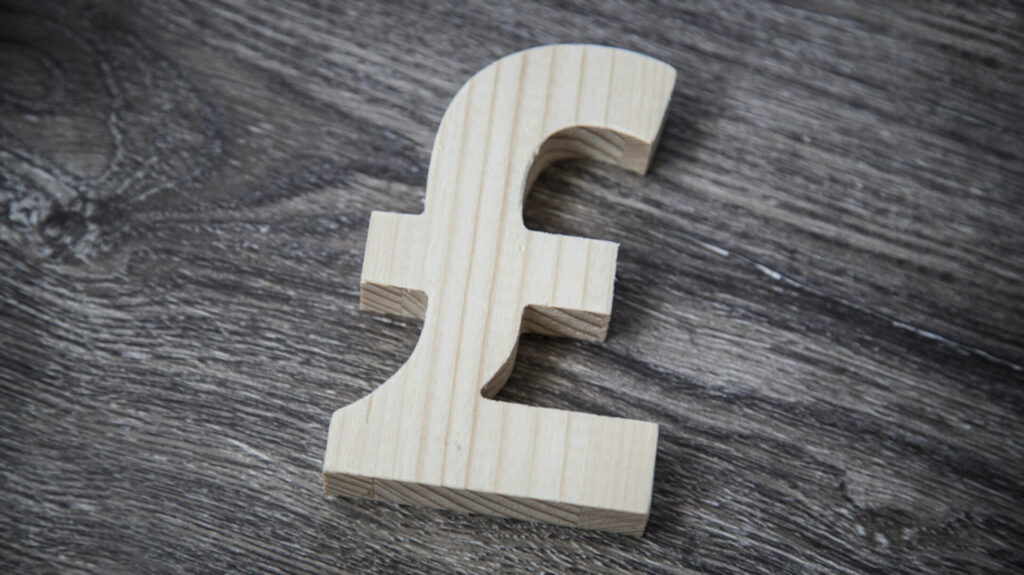Cash Advance
Written by Team 365 finance

A cash advance is a type of short-term loan that’s made to an individual or business, either by a bank or by a specialist finance provider.
Cash advances are a common method of borrowing for individuals and for businesses in need of an instant, convenient source of cash flow. They usually feature quick approval, allowing you to access cash without the delays and long approval process of a conventional bank loan.
There are three main types of cash advance offered by lenders. Below, we’ve explained how these differ, as well as the key advantages and disadvantages of each type of cash advance.
What is a Cash Advance?
The term “cash advance” is used to refer to three different types of short-term loan offered by banks and specialist lenders.
Cash Advance on a Credit Card
The most popular type of cash advance is a cash advance on a credit card. This involves using your credit card to borrow money. Instead of buying a specific product with your credit card, you may be able to withdraw money from an ATM or cheque to access cash immediately.
Normally, your credit card will need to have a PIN in order for you to get a cash advance using the ATM machine. Most credit card companies limit cash advances to a few hundred pounds.
Any money you borrow via a credit card cash advance is usually subject to a high interest rate — in some cases, even higher than your normal credit card APR. Unlike purchases made with your credit card, cash advances don’t have a grace period — instead, you’ll pay interest immediately.
The key advantage of a credit card cash advance is that you can get cash immediately. If you’re in an emergency situation, or if you only need to borrow money for a few days, this type of cash advance can be a convenient, useful method of borrowing.
The key disadvantage of a credit card cash advance is the cost. When you borrow money using your credit card, you’ll pay a very high interest rate. This makes it important to borrow cash only when you absolutely need to.
Payday Loans (Payday Cash Advances)
Payday loans are often referred to as “cash advances” by lenders. These are small short-term loans (typically, they’re less than £1,000) that are made to individuals and designed to be paid back by the borrower’s next payday.
Cash advances of this type often have high interest rates — in some cases, a payday loan might have an APR of 1,000% or more. They can also have high cash advance fees, meaning you’re likely to pay a significant amount of money even if you repay the loan on time.
The main advantage of this type of cash advance is that it’s usually available even if you have a poor credit score. If you need to borrow money in the short term and are sure that you can pay it back on time, this type of cash advance could be suitable.
However, it’s important to be aware of the risks. Borrowing via a payday cash advance is a very expensive option, particularly if you aren’t sure of how you can repay the advance. It’s far from uncommon for a small loan to turn into a larger one over time, resulting in significant costs.
Merchant Cash Advance
A merchant cash advance is a form of cash advance that’s made by a bank or specialist lender to a business. Merchant cash advances are often used by small businesses with bad credit, as this can prevent a business from being eligible for a conventional bank loan.
A business might take out a merchant cash advance to fund the purchase of new inventory, to open a new location or to make other improvements. You can often take out this type of cash advance online or in person at a lender’s office.
Merchant cash advances are often made by specialist lenders. Before providing the business with financing, the lender will look at factors like:
- The amount of time the business has been operating
- The business’s monthly sales revenue and expenses
- The business’s existing debts and other liabilities
- Other factors that affect the business’s creditworthiness
Unlike a conventional business loan, a merchant cash advance is often paid back via a certain percentage of the business’s credit card sales. This means that when business is good, a large amount of the loan is repaid; when business is slow, the borrower pays a smaller amount.
Merchant cash advances offer several advantages. First, they allow a business to access cash very quickly, often without the long approval process of a conventional business loan. Second, they’re frequently available for businesses with a poor credit score or no credit history at all.
Because merchant cash advances don’t have fixed monthly payments, they’re also a good form of financing for businesses with unpredictable, inconsistent cash flow.
Summary
As we covered above, there are several different types of cash advance. For individuals, a cash advance can be made using a credit card or from a payday lender. Both of these are expensive forms of credit that are intended for use only when needed.
For a business, a merchant cash advance can be used to fund expansion, make improvements or simply to purchase inventory ahead of a busy sales period. Used effectively, a cash advance of this type can help a business grow into a more profitable, valuable enterprise.